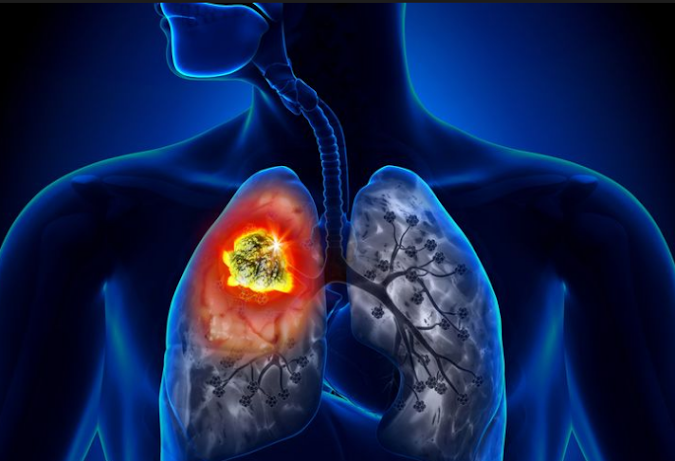Recognize the 5 Types of Mesothelioma Cancer

Mesothelioma cancer is a rare type of cancer that affects the lining of organs in the body, such as the walls of the chest, stomach, and heart. This cancer is usually caused by exposure to asbestos, a material used in construction, manufacturing, and other industries. Although mesothelioma is rare, it is very important to recognize it, especially if you or someone you know has been exposed to asbestos. The following are 5 types of mesothelioma cancer that you need to know:
This type of mesothelioma affects the thin membranes that line the chest wall and lungs. This is the most common type of mesothelioma, and symptoms usually include shortness of breath, chest pain, coughing, and swelling in the chest area.
This type of mesothelioma affects the thin membranes that line the organs inside the abdominal cavity, such as the intestines, liver and bladder. Symptoms associated with peritoneal mesothelioma include abdominal pain, swelling, weight loss, and nausea.
This type of mesothelioma affects the thin membrane that lines the heart. Although rare, pericardial mesothelioma can cause symptoms such as shortness of breath, chest pain, and irregular heartbeat.
This type of mesothelioma affects the thin membranes that line the testicles. This is also a very rare type of mesothelioma and can cause swelling of the scrotum.
This type of mesothelioma is a rare variant of pleural mesothelioma. In this case, cancer cells spread to the thin membranes around the lungs and chest wall. Symptoms include shortness of breath, chest pain and swelling.
In conclusion, mesothelioma cancer is a rare type of cancer, but very dangerous and is often caused by exposure to asbestos. Recognizing the types of mesothelioma and their symptoms is very important in order to know the medical action that must be taken. If you have been exposed to asbestos, or have any suspicious symptoms, consult a doctor immediately.
It's important to note that mesothelioma doesn't always show obvious symptoms in its early stages, so it can be difficult to diagnose. Therefore, if you have a history of exposure to asbestos, you should have regular checkups with your doctor.
There are several risk factors that can increase a person's chances of developing mesothelioma. Some of them are:
- Asbestos Exposure: This is the main risk factor associated with mesothelioma. Asbestos exposure can occur at work, at home, or in public places such as old buildings or industrial buildings.
- Age: The risk of developing mesothelioma increases with age. Most people diagnosed with mesothelioma are over 65 years of age.
- Gender: Men have a higher risk of developing mesothelioma than women.
- Smoking: Smoking is not a major risk factor for developing mesothelioma, but smoking can make symptoms worse.
- Family History: Mesothelioma is not considered a hereditary disease, but a person who has a family member with mesothelioma may have a higher risk.
Although there is no cure for mesothelioma, there are several treatment options that can help slow the progression of the cancer and improve the quality of life for sufferers. The recommended treatment options depend on the type of mesothelioma and how far the cancer has spread. Some common treatment options include:
- Surgery: Surgery can help remove some or all of the cancer-infected tissue. The type of surgery required depends on the location and stage of the mesothelioma.
- Chemotherapy: Chemotherapy drug therapy can help kill cancer cells and inhibit cancer development.
- Radiation: Radiation is used to destroy cancer cells with radioactive rays.
- Targeted Therapy: Targeted therapy directs therapy to cancer cells specifically, thereby reducing the side effects associated with a wider range of drug therapies.
- Immune Therapy: Immune therapy activates the body's immune system to fight cancer cells.
Although mesothelioma is a serious and rare type of cancer, with proper treatment and integrated management, sufferers can achieve good results and improve their quality of life. Therefore, it is very important to recognize the symptoms and risk factors associated with mesothelioma and take preventive measures early on.

Post a Comment for "Recognize the 5 Types of Mesothelioma Cancer"